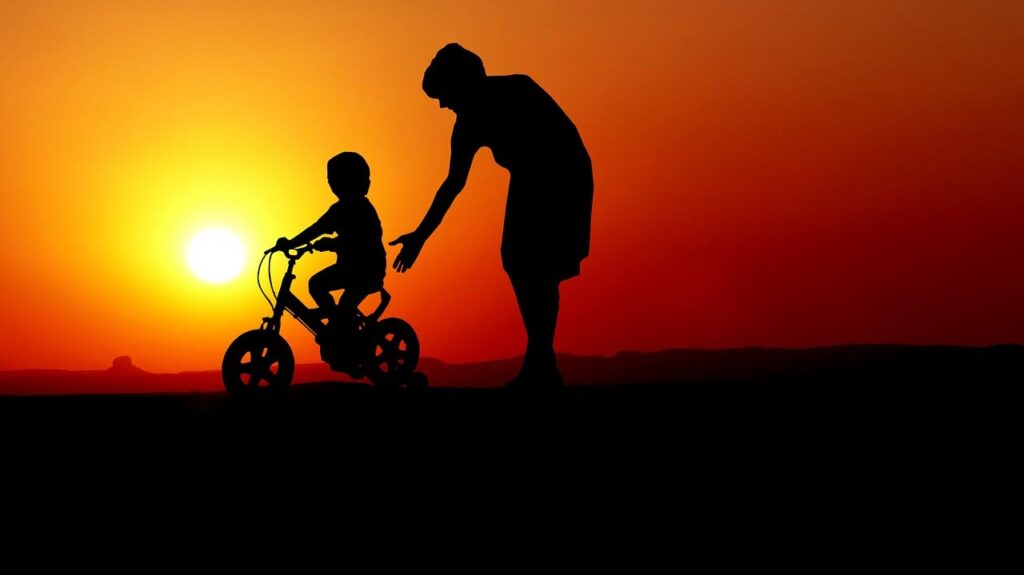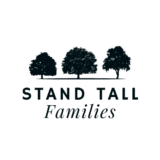As a disclaimer, the PRIDE skills are not my own idea but that of Sheila Eyberg, Ph.D. and Beverly Funderburk, Ph.D. More information can be found at www.pcit.org (https://www.pcit.org/resourceshandouts.html)
This section of PRIDE skills is directed towards 2-6 year olds but provides an important underlying foundation to the sections that describe how to use PRIDE skills with older children. Please continue to read.
REFLECTION: A reflection is a statement that demonstrates that you understand what has just been said to you. When you’re playing, repeating the appropriate statements from a child communicates that you are paying attention and approve of what they are doing. This encourages the child to keep talking and encourages verbal development.

When you are playing with a two or three year old, this is nothing more than just repeating the exact same thing the child just said. They will look back at you like you must be the smartest person on the planet! Finally, someone gets what they are trying to say!
Four to six year olds require a little more refinement but not much. Simple summaries or paraphrases reinforce that the caregiver is paying attention to what is said. Quickly, you might notice the absence of statements like, “Hey mom…” or “Look! Look!” It’s nice. At this stage, kids will say things like, “Yep.” or “I know.” in response to adults telling them what they just said.
More importantly, the child will start to repeat what people say to them. Think about what it would be like to know that your child heard what you just said. At some point my middle child, who was six at the time, began to reflect what I would say to her in conversation. In response I found myself saying, “Yep.” and “I know.” She was using the skill on me!
Because children love attention, and they love attention from anyone, they love when their friends repeat back to them what they’ve just said. It’s been researched and I’ve seen it time and again, kids who learn to reflect what others say make friends more easily. And when your children have friends, parents’ hearts are happy.
One trick that helps many parents has been to repeat the last five or six words that the child said. For example, “The lion is chasing the zebra but he’s not going to get him.” would lead to a response of, “He’s not going to get him.”
Bear in mind that repeating everything a child says feels terribly awkward but it is only that way for you. The kids love it. Embrace the uneasiness and push through for 2 to 3 weeks. I have never worked with someone who completely loses the feeling. Adults spend too much time talking to other adults to feel comfortable saying roughly the same thing that a child is saying. However, the awkward is worth the conneciton made through the skill of reflection. Dive in and enjoy your child!
